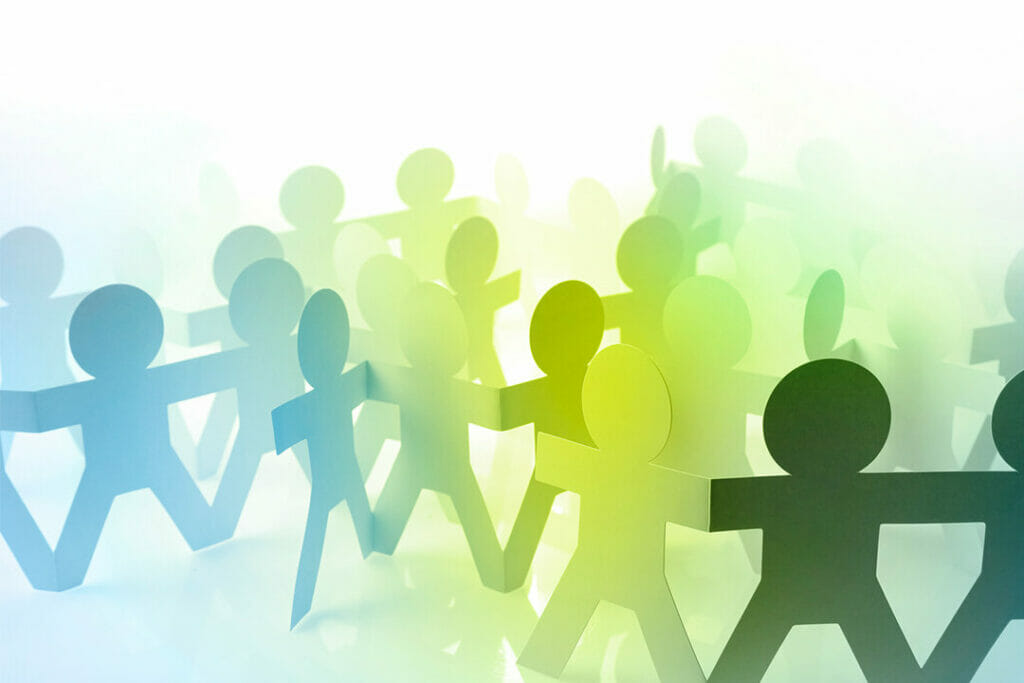As you may have heard, I left Forrester after 10 years as an analyst in the customer experience (CX) research practice. People keep asking what prompted such a big change and what I’m doing now, so here’s the scoop.
I’ve watched companies spend millions of dollars and thousands of person-hours trying to master CX. Most are still struggling. Even if all the right people “buy in” to CX, behavior doesn’t change. Or if it does, the change is slow and tenuous. That’s because:
-
People are creatures of habit. Forty percent of everything we do in a day is unconscious.[1] We may want to act differently, but our internal auto-pilot kicks in and we revert to old routines. As CX pros we can’t change others’ habits for them. We can help them notice when their habits overrule their intentions. We can change the environment so it’s easier for people to be customer-centric. But even simple habits take an average of 66 days to form.[2] Getting thousands of people to change dozens of habits just isn’t a quick process.
-
The devil is in the details. CX pros know what organizations need to do to change. But organizations don’t do anything. People in organizations do things. Going from high level best practices to individual behaviors is an exponential leap in complexity. Someone has to identify specific tasks and decide how to divvy them up in your unique environment. Oh, and then we have to navigate personality clashes and power struggles as everyone adjusts to their new roles.
-
There’s an elephant in the room. When I started as an analyst in 2006, few executives cared that making things easy for people is just the right thing to do. All they wanted to know was how CX could help the bottom line. Thankfully, more leaders now see that CX isn’t just a business issue. That customers and employees are more than inputs to shareholder value; they’re living, breathing humans. But until we deal with the issues that are top of mind for today’s workforce – things like work/life balance, income inequality, and business ethics – there’s only so far we can go.
The common thread through all of these challenges is people. Wonderfully imperfect, irrational people. Part of why we’re struggling is that we don’t talk about the human dynamics of customer and employee experience (EX) nearly enough. But that’s my passion and my strength. So, rather than add to the plethora of conversation about process and technology I’ve decided to focus on people.
As of today, I’m launching my own practice under the name Megan Burns Enterprises. Here’s what to expect:
-
More emphasis on human dynamics. Psychologists and sociologists have studied why people do what they do for decades. Sadly, few business people are familiar with their work. I read it for fun (yes, I’m a geek) and get my best insights from looking at CX through the lens of cognitive and behavioral science. I plan to merge insights from the front lines of CX and EX with the latest discoveries in social science, behavioral economics, and neuroscience. I want to push our thinking and our methodologies to a new level of sophistication.
-
Fewer, deeper client relationships. Culture change doesn’t happen via PowerPoint. It’s deeply personal, often prickly, work. I love to inspire audiences and will continue to speak publicly about CX, EX, and the quirks of the human mind. But my work with clients will happen in a one-one-one or small group environment so we can navigate the psychological and political landscape on which success hinges. Acting more as a coach than a consultant, I want to help you thrive as an organization and as a person.
-
Broader cultural implications. I’ve always believed that business is about more than making money. Recently I found kindred spirits in a non-profit called Conscious Capitalism (CC). I helped launch the Boston chapter of this group to connect and support purpose-driven, people-centric leaders. I want more people to talk about the role business should play in society. And I’m collaborating with experts who study the future of work to see how societal trends affect employee experience efforts. By connecting with these groups, I hope to accelerate the pace of change.
I’m excited about this new direction and hope that you are, too. To join the conversation, follow me on LinkedIn.
You’ll find a list of events that I’m speaking at or attending here. Please come say hello or send me an email. I’m happy to talk by phone or Skype, too.
If you think I can help you or your organization, let’s talk. My most popular engagements include:
-
Exposing the messy truth about why people – customers and employees – do what they do, and how to influence them
-
Helping executives and employees understand each other as human beings, not just boxes on an org chart
-
Crafting the most compelling version of a personal or professional story (presentations and writing)
-
Coaching individuals and teams to help them engage stakeholders, especially skeptics, holdouts, and fence-sitters
-
Speaking at and/or helping you plan an event (e.g. training sessions, leadership retreats, annual kickoffs)
And if you want to know more about Conscious Capitalism, watch CC co-creator and Whole Foods CEO John Mackey explain the concept in his own words (7 minutes) and then see if there’s a local chapter near you. If you’re in the Boston area, join us at an upcoming meet-up.
Hope to see you soon!


